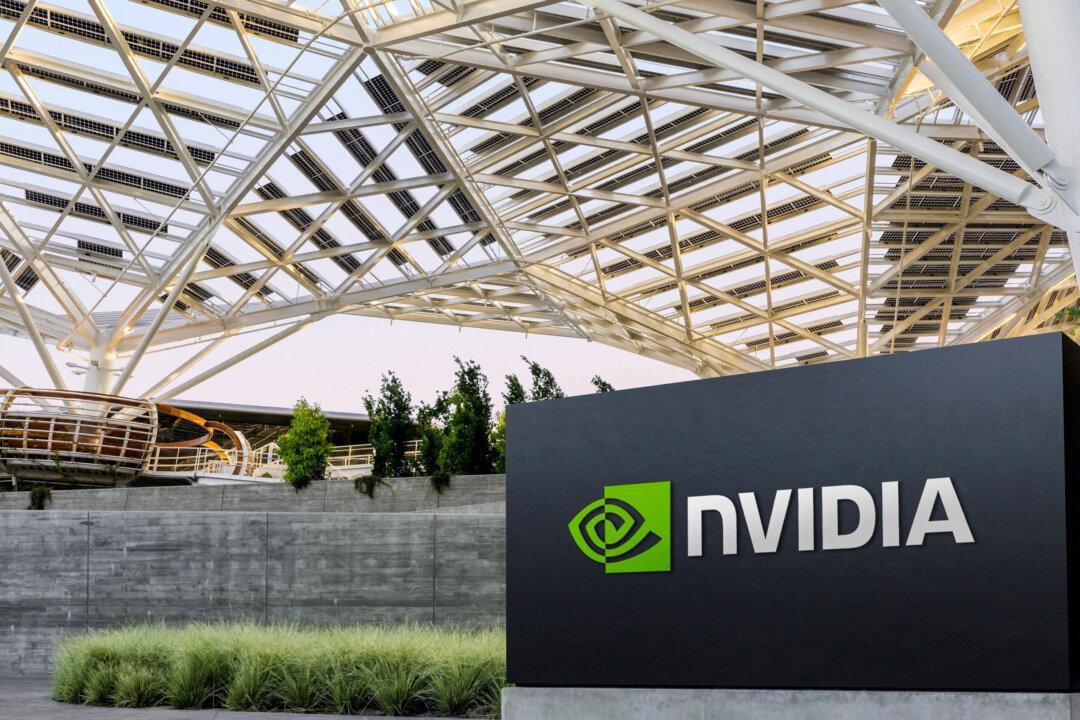Chipmaker Nvidia’s latest quarterly earnings report failed to impress investors, even as the tech titan topped Wall Street estimates and extended its streak of blockbuster growth.
After Wall Street’s closing bell on Aug. 28, the chip juggernaut reported that revenues rose $30 billion, rocketing 122 percent annually during the quarter after three consecutive periods of year-over-year growth that surpassed 200 percent. This was also up 15 percent from the previous quarter.





